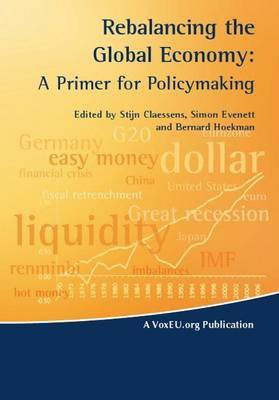Rebalancing the Global Economy: A Primer for Policymaking(English, Paperback, unknown)
Quick Overview
Product Price Comparison
Such was the concern about the adverse consequences for the world economy of "imbalances" that G-20 Leaders, meeting in Pittsburgh in September 2009, adopted a Framework for Strong, Sustainable, and Balanced Growth. This step followed a growing body of expert opinion that took the view that large, persistent current account imbalances in the major industrialised economies and emerging markets since 2000 had, at the very least, contributed to the global financial crisis witnessed in 2007-8 and to the subsequent Great Recession. The purpose of this electronic book is to provide policymakers and their advisers with up-to-date, comprehensive analyses of the central facets of global economic imbalances and to identify and evaluate potential national and systemic responses to this challenge. To break down the many facets of this collective economic challenge, leading experts were asked to address one of the following policy-relevant questions. 1. How large are contemporary current account imbalances? Why do they persist? 2. What are the systemic costs of imbalances? 3. What are the lessons from previous attempts to rebalance the global economy? 4. What would rebalancing entail?Which policies must change? Is collective action needed? 5. What is the political viability of proposals to rebalance national economies? 6. Are new system-wide accords needed to promote rebalancing or to discourage persistent imbalances? This volume will be of interest to policymakers, their advisers, senior officials, as well as to anyone interested in the matter of limiting global economic imbalances.


